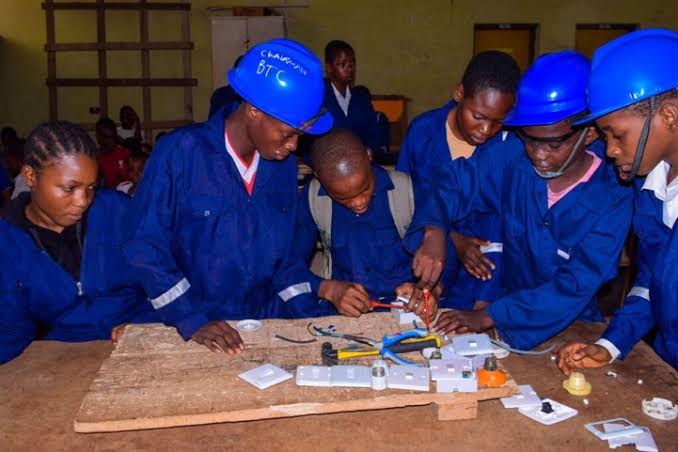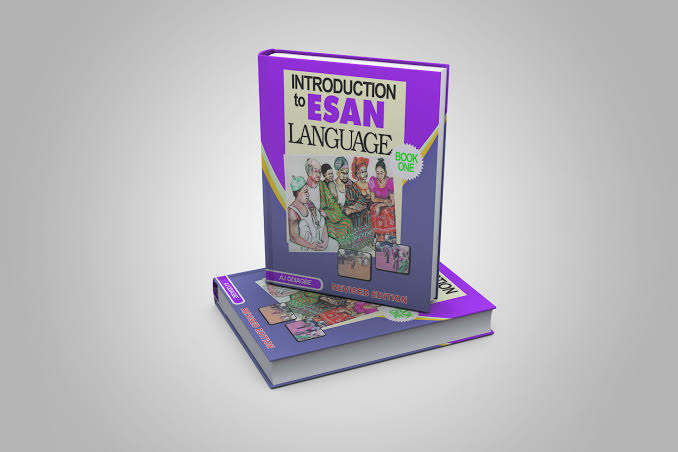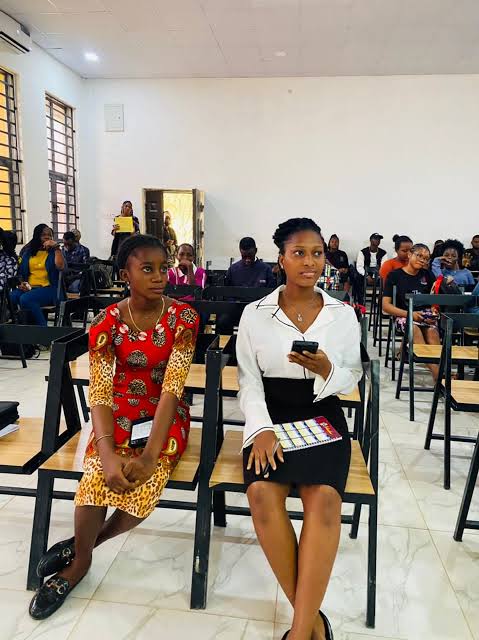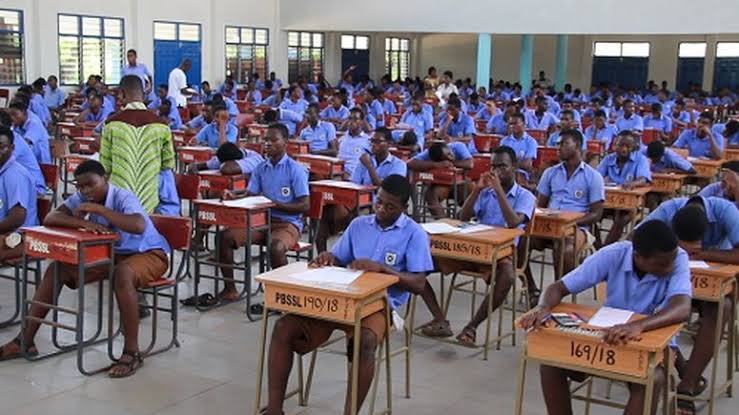Vocational and Technical Education

Description
Vocational and technical education (VTE) in Edo State, Nigeria, plays a crucial role in equipping individuals with practical skills and technical knowledge that are essential for the workforce. This form of education is geared towards preparing students for specific trades, crafts, and careers, focusing on both theoretical instruction and hands-on experience. Here�s a detailed overview of vocational and technical education in Edo State:
Overview and Importance
Definition and Scope:
Vocational Education: Refers to education that prepares students for specific careers, primarily in skilled trades and technical fields.
Technical Education:Involves specialized instruction in areas such as engineering, technology, and applied sciences, preparing students for technical roles in various industries.
Importance in Edo State:
Economic Development:VTE is critical for economic development in Edo State, as it provides the necessary skills to support local industries and businesses.
Employment Opportunities: By equipping students with practical skills, VTE helps reduce unemployment and underemployment, particularly among youth and school leavers.
Empowerment: Offers opportunities for self-employment and entrepreneurship, allowing individuals to create their own businesses and contribute to economic growth.
Key Institutions Offering Vocational and Technical Education
Technical Colleges and Polytechnics:
1. Edo State Polytechnic, Usen:
Overview: A polytechnic institution providing technical and vocational education in various fields, including engineering, business administration, and environmental studies.
Programs Offered:National Diploma (ND) and Higher National Diploma (HND) programs in areas such as Electrical/Electronic Engineering, Computer Science, and Business Studies.
Benin Technical College:
Overview: A key institution for technical education, focusing on practical skills and technical knowledge.
Programs Offered: Offers vocational training in areas like welding, carpentry, plumbing, automotive repair, and electrical installation.
3.Iguoriakhi College of Agriculture:
Overview:Specializes in agricultural education and training, providing skills necessary for the agricultural sector.
Programs Offered:Courses in agricultural technology, animal husbandry, crop production, and agricultural extension services.
4. Private Vocational Institutes:
Numerous private vocational institutes across Edo State offer short-term courses and certifications in areas such as fashion design, catering, hairdressing, and information technology.
Curriculum and Training Programs
Curriculum Design:
Competency-Based Training:The curriculum in vocational and technical education is often competency-based, focusing on practical skills and the ability to perform specific tasks.
Integration of Theory and Practice: Courses combine classroom instruction with hands-on training in workshops, laboratories, and real-world environments.
Training Programs:
Apprenticeship Programs:Many institutions incorporate apprenticeship programs that allow students to gain work experience with local businesses and industries.
Internships and Industrial Training: Mandatory internships and industrial training sessions are included to provide practical exposure and experience.
Accreditation and Certification:
National Board for Technical Education (NBTE):Oversees the accreditation of programs in technical colleges and polytechnics to ensure quality and relevance to industry standards.
Certification:Students receive diplomas, certificates, or national vocational qualifications (NVQs) upon completion of their training.
Conclusion
Vocational and technical education in Edo State is vital for developing a skilled workforce and supporting the state�s economic growth. While there are challenges related to funding, resources, and societal perceptions, there are also significant opportunities for improvement through government initiatives, industry partnerships, and technology integration. Enhancing VTE can provide students with the skills needed to succeed in various trades and technical fields, ultimately contributing to broader economic and social development in Edo State.
References
1. Edo State Ministry of Education- "Directory of Vocational and Technical Institutions," 2023.
2. Edo State Polytechnic- "Course Offerings and Program Structure," 2023.
3.National Board for Technical Education (NBTE)- "Accreditation and Standards for Vocational Programs," 2022.
4.Edo State Ministry of Education - "Curriculum Development in Vocational Education," 2023.
5.African Vocational Education Journal - "Challenges in Vocational and Technical Education in Nigeria," 2022.
6. Edo State Ministry of Education"Report on Challenges Facing VTE Institutions," 2023.
7.Edo State Ministry of Education - "Vocational Education Reforms and Initiatives," 2023.
8.International Journal of Technical Education - "Public-Private Partnerships in VTE," 2022.

Related Content
Opdwodowkdwiidwok djwkqdwqofhjqwlsqj jfkmclasdkjfjewlfjkwkdjoiqw fnedkwdkowfwhi jiowjiowhfiwkj rohriowjropwjrofwjrijeiwo edostatearchives.org
Opdwodowkdwiidwok djwkqdwqofhjqwlsqj jfkmclasdkjfjewlfjkwkdjoiqw fnedkwdkowfwhi jiowjiowhfiwkj rohriowjropwjrofwjrijeiwo edostatearchives.org
.png)
.png)










